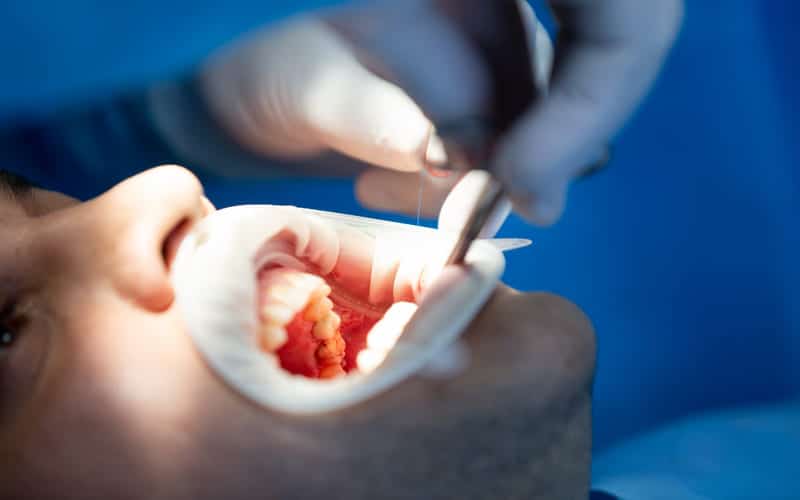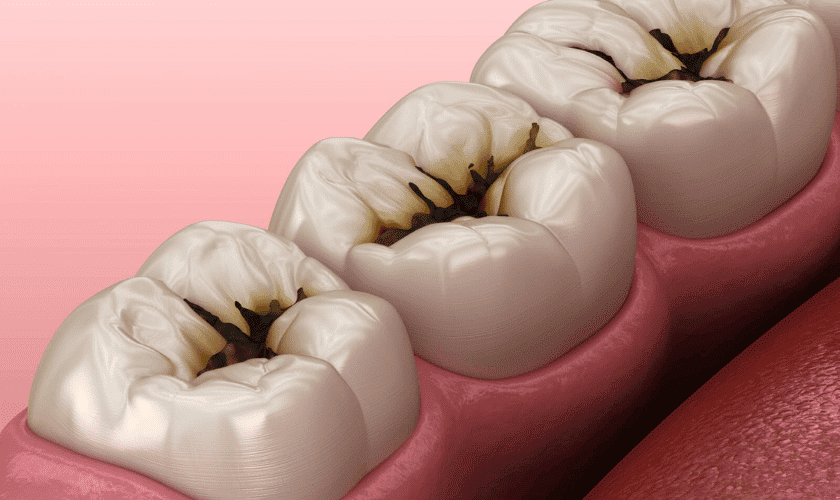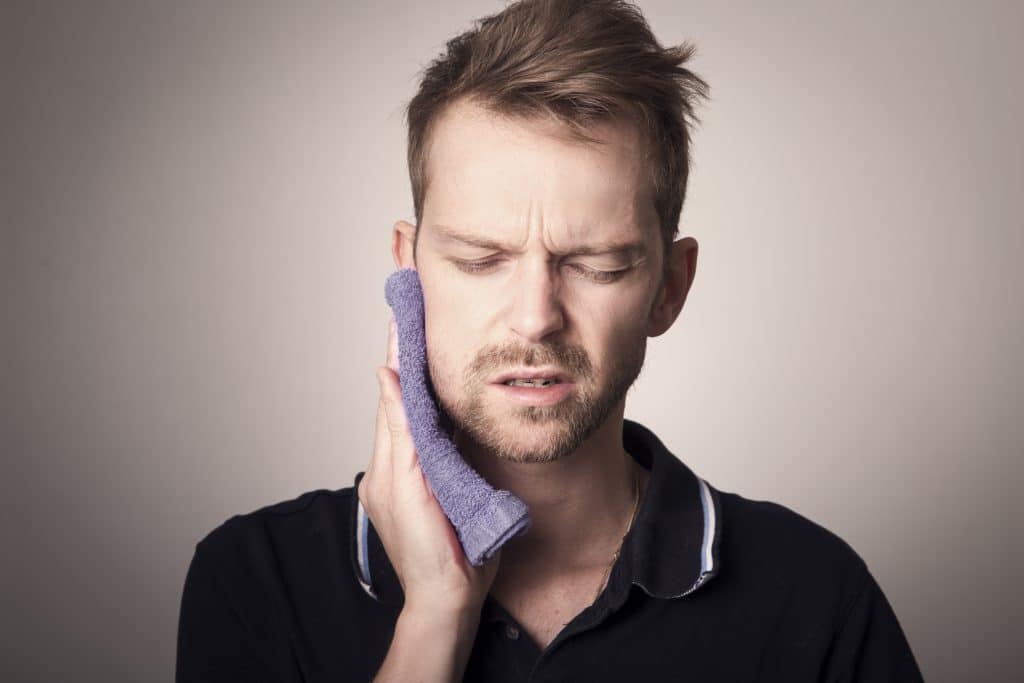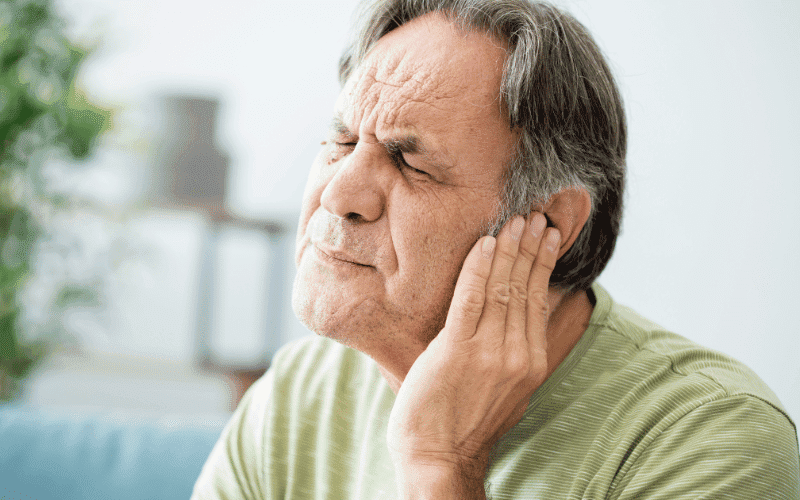
Is It Normal to Have Ear Pain After a Tooth Extraction?
Tooth extraction is a dental procedure that involves removing a tooth from its socket within the jawbone. Healing usually starts with clot formation, tissue repair, and bone regeneration. However, complications like ear pain can arise after a tooth extraction due to shared nerve pathways connecting the jaw and ear.
This discomfort may result from inflammation or referred pain. Despite potential side effects, diligent post-operative care contributes to a smoother recovery, including pain management and oral hygiene maintenance.
Why Does Ear Pain Happen After a Tooth Extraction?
Various factors can contribute to ear pain after tooth extraction:
A. Inflammation and Swelling:
Inflammation around the extraction site is a common occurrence post-procedure. Swelling in this area can exert pressure on nearby tissues and nerves, including those shared with the ear. The proximity of these structures means that any swelling or inflammation in the jaw can easily affect the surrounding areas, leading to discomfort in the ear. Additionally, the inflammatory response triggered by the extraction process can aggravate nerves connected to the ear, contributing to the pain sensation.
B. Nerve Irritation:
The process of tooth extraction can inadvertently irritate nearby nerves. Manipulation of tissues and nerves during the procedure can lead to irritation, manifesting as referred ear pain. The nerves in the jaw and ear interconnect, sharing pathways that transmit sensory information. Therefore, any disturbance or irritation to nerves in the jaw area can also cause sensation in the ear. This phenomenon, referred to as pain, is common in dental procedures involving the jaw and adjacent structures.
Is Ear Pain After Tooth Extraction Normal?
Yes, many individuals consider experiencing ear pain after a tooth extraction a normal and temporary side effect. The shared nerve pathways between the jaw and ear can cause referred pain, where individuals feel discomfort from the extraction site in the ear. This sensation typically arises from inflammation, swelling, or nerve irritation during the procedure.
While it can be concerning, especially if unexpected, ear pain following a tooth extraction usually resolves within a few days as the healing progresses. However, if the ear pain persists or becomes severe, it is advisable to consult with a dental professional to ensure proper healing and address any potential complications.
How to Manage Ear Pain After Tooth Extraction?
1. Over-the-counter Pain Relief: Utilize non-prescription pain relievers such as ibuprofen or acetaminophen as directed by your healthcare provider to alleviate discomfort and reduce inflammation associated with ear pain.
2. Cold Compress: Apply a cold compress or ice pack wrapped in a cloth to the affected area outside the ear for short intervals. This can help numb the area and reduce swelling, temporarily relieving ear pain.
3. Avoid Pressure on the Ear: Minimize pressure on the affected ear by refraining from sleeping on that side and avoiding activities that may exacerbate discomfort, such as wearing tight headsets or headphones.
4. Maintain Oral Hygiene: Follow post-operative care instructions provided by your dentist diligently to promote healing and prevent infection. Gentle rinsing with warm salt water can help keep the extraction site clean and reduce inflammation.
5. Follow-Up with Your Dentist: If ear pain persists or worsens beyond a few days post-extraction, schedule a follow-up appointment with your dentist. They can evaluate the extraction site, assess potential complications, and recommend further treatment options or adjustments to your care plan.
Wrap Up!
In conclusion, experiencing ear pain after tooth extraction is often due to inflammation, swelling, or nerve irritation resulting from the procedure. It’s essential to understand that while this discomfort may be unsettling, it’s a normal side effect and typically resolves within a few days.
Rest assured, diligent adherence to post-operative instructions from your dentist ensures a smoother recovery process. Remember, Singh Smile Care is here to support you every step of the way. Trust your dentist’s guidance, prioritize self-care, and embrace the journey to a healthier smile!

